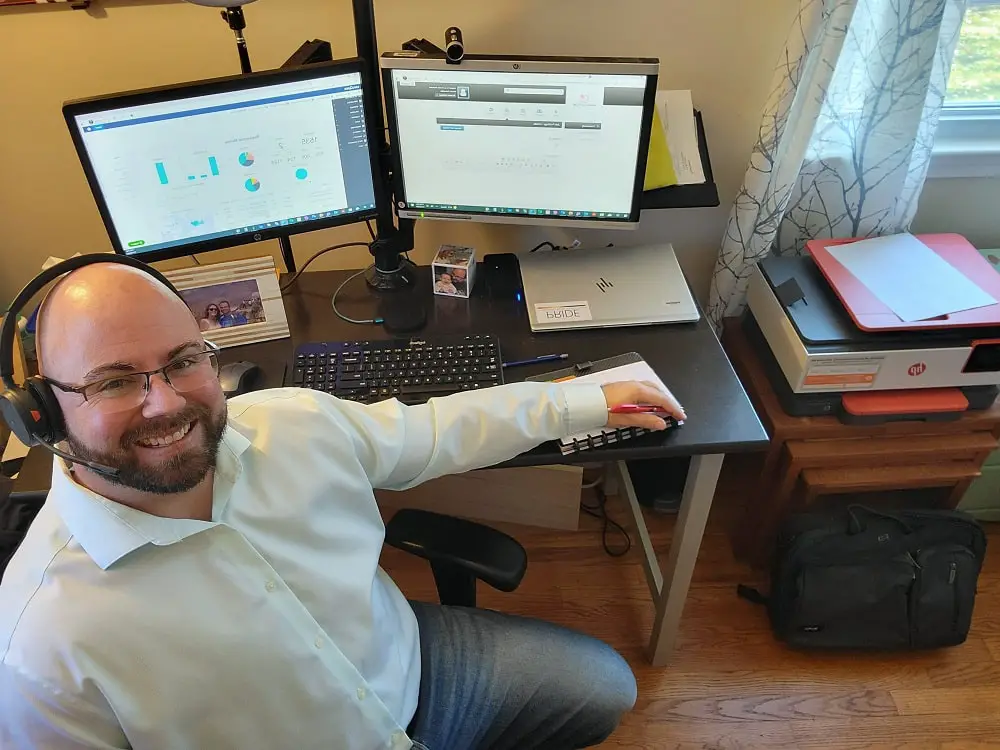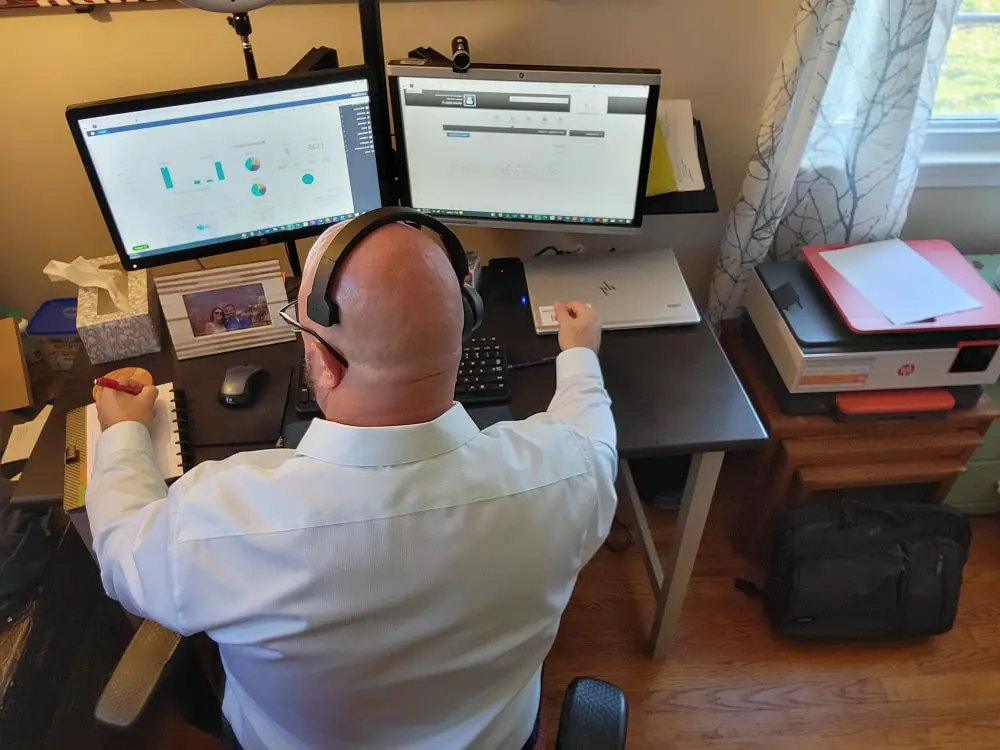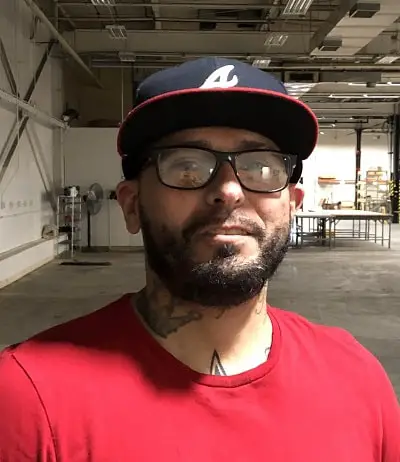Day in the life of
Purchasing Agent – Trevor Boylston, CSPM

I have been in Procurement since 2006 as a material coordinator, buyer, planner, and analyst supporting biotech & medical device organizations. I currently work as a Sr. Analyst Source & Procure supporting Supplier Diversity & Sourced Finished Device Purchases (SFMD). I have supported manufacturing and indirect procurement in prior roles.
My Typical Day
My typical day is mostly relationship management. This has been true across all roles I have held in procurement. Building solid relationships with internal stakeholders and suppliers is the key to being successful in this role. The tactical component, calculating inventory, processing orders, helping reconcile invoices, is much easier if you have solid relationships and open communication across your network of stakeholders.
Typically I spend part of my day on general tasks such as responding to emails & phone calls and ensuring that I am up to date on my training requirements. I spend tactical time, completing orders or working on invoices assigned for correction. I meet with vendors and planners to ensure supply continuity. In my Supplier Diversity role, I work with national group organizations such as the US Black Chambers, US Hispanic Chamber of Commerce, National Gay & Lesbian Chamber of Commerce, Diversity Alliance For Science, and the National Minority Supplier Development Council to ensure small and diverse businesses have the opportunity to bid for contracts, mentor small and diverse business owners, and support Diversity, Equity & Inclusion initiatives across my company. The procurement role requires focus and attention to detail. A misplaced decimal point or incorrect date for delivery can be costly.
Cons
For me, the biggest con of working as a Buyer in a biotech or med device role is the repetition. There is not much room for creativity in what you are purchasing. You can get creative with cost saving efforts and building the puzzle of fair & equitable contracts.
Pros
The pros have outweighed the cons in my career. I have had the privilege of working for managers who encouraged growth and exploration. Working in a procurement role gave me insight to departments across the company from Sales & Marketing to Facilities to Research & Development. It allowed me to have a better understanding of the overall operation of the company than I may have had working in a more siloed role. I was able to gain project management skills, work to develop and implement new programs across divisions & functions, be mentored by seasoned professionals, obtain professional certifications, travel for conferences, and finally find a segment of procurement that I am truly passionate about in Supplier Diversity.
Overall, purchasing is a great entry point to operations, supply chain, finance, and many other careers.
Advice to students interested in getting into Procurement
I would suggest students gain some project management, data analytic, and public speaking skills. Learn about sustainable supply chain and corporate social responsibility. There are some fantastic degree programs for supply chain management, but if you started down a different path, there are professional certifications like the CPSM certification from ISM that are widely recognized. Every organization needs procurement support whether you end up traveling the world selecting the latest fashion for a leading retailer, or negotiating long-term contracts for precious metals for a high end electronics manufacturer, there are so many places a career in procurement can take you.
Purchasing Agents
purchase machinery, equipment, tools, parts, supplies, or services necessary for the operation of an establishment. Purchase raw or semifinished materials for manufacturing. May negotiate contracts.




.jpg)